New studies have taken a closer look at the so-called “Ghetto Tax”, a system that seemingly keeps down poor Americans — and therefore keeps them in poverty.
This system is also often called the “Poverty Tax”, as it affects many Americans that are in poverty. This method keeps the poor from being able to save money and get out of poverty, according to various studies and many analysts.
The Ghetto Tax Isn’t a Real Tax
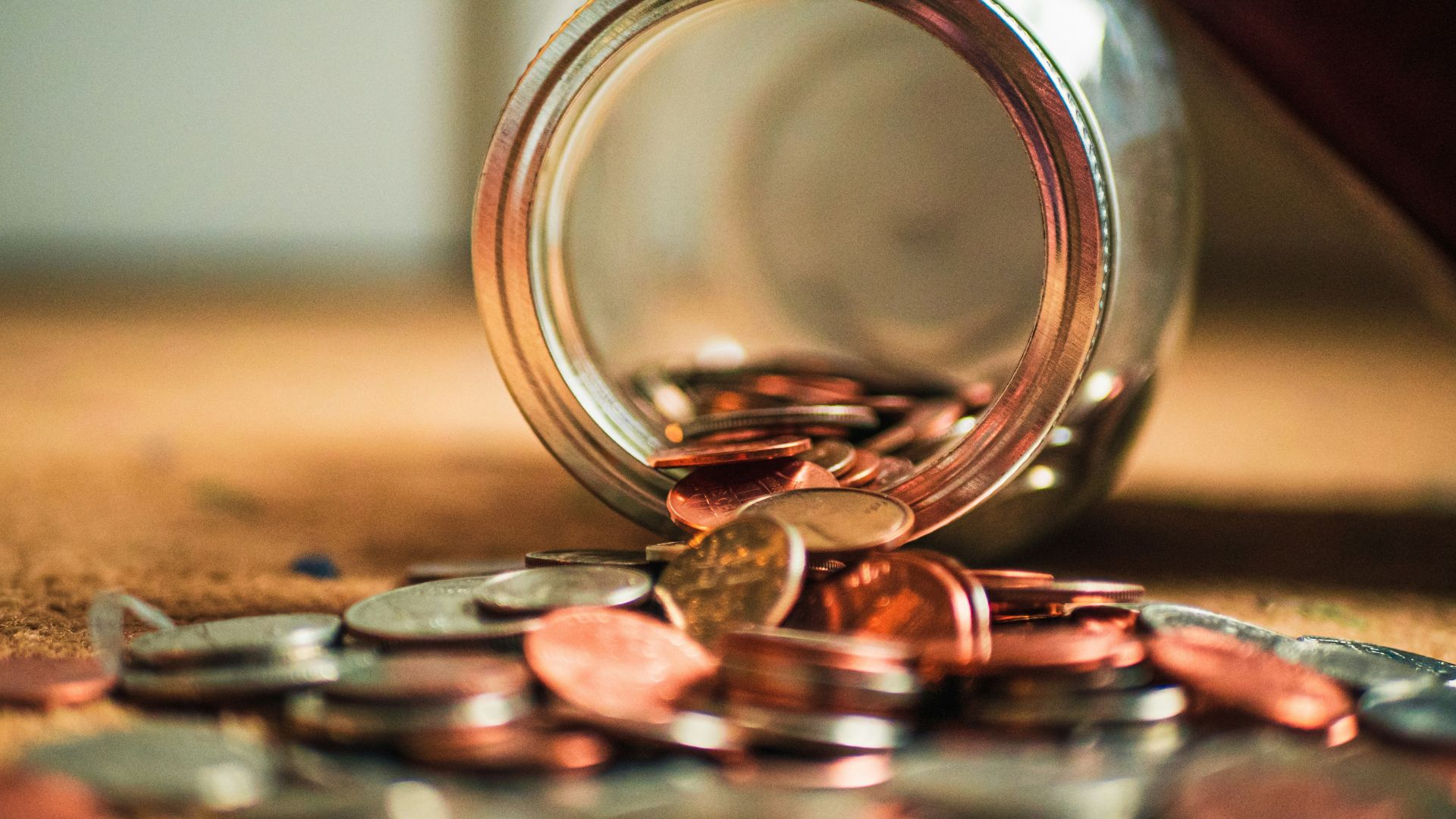
The Ghetto Tax isn’t a real tax. However, this phrase is often used by analysts to explain why so many Americans in poverty struggle to rise out of their current situations.
The Ghetto Tax is the extra cost that many poor Americans must deal with every day, as the price of goods, necessities, and the overall cost of living has added fees for regions that have poorer people.
Do Poor People Pay More for Goods and Services?
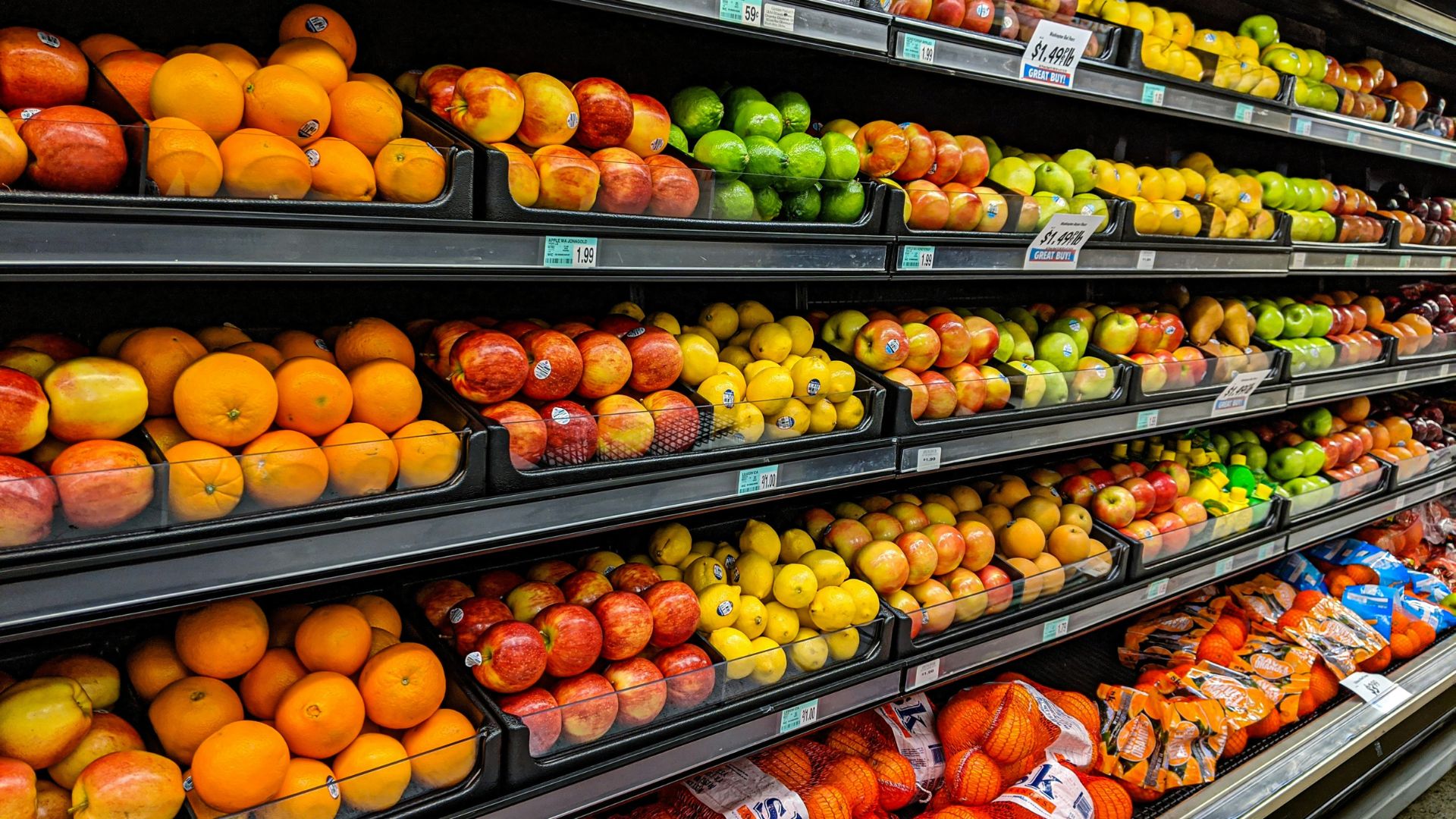
Many studies have analyzed the Ghetto Tax — a method that some say is also very psychological — to see if poor people pay more for goods and services than their wealthier counterparts.
On average, researchers have found this to be true. Many poor Americans are being faced with added fees and costs — costs that wealthier Americans seemingly don’t have to deal with.
Shopping for Fresh Produce
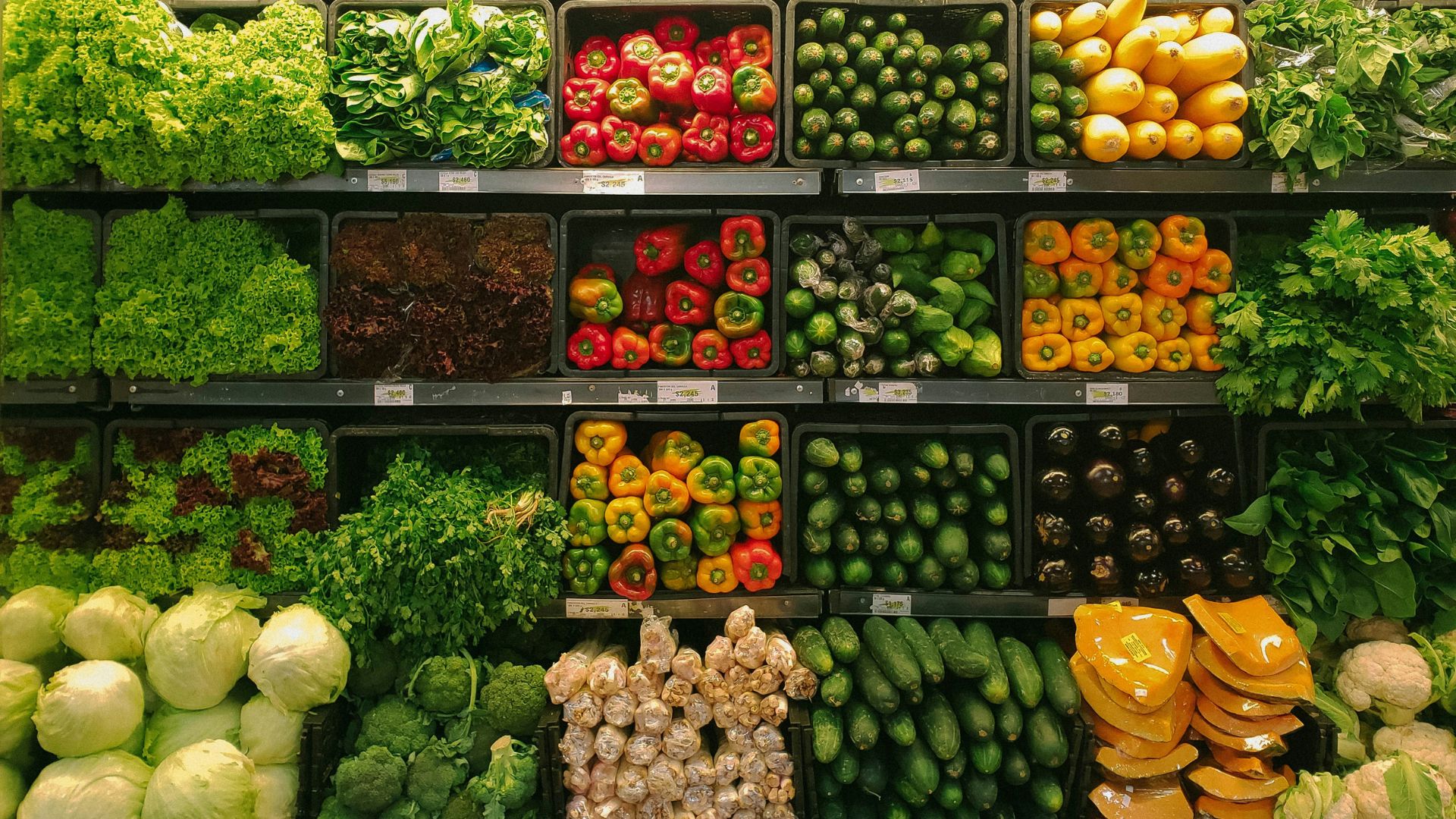
One study published by the University of California Division of Agriculture and Natural Resources found that lower-income Americans cannot easily find affordable fresh produce in the areas where they live.
Instead, they are only left with lower-quality fresh produce. This produce is also much more expensive than found in other areas that aren’t considered lower income.
Local Shops vs Supermarket Chains
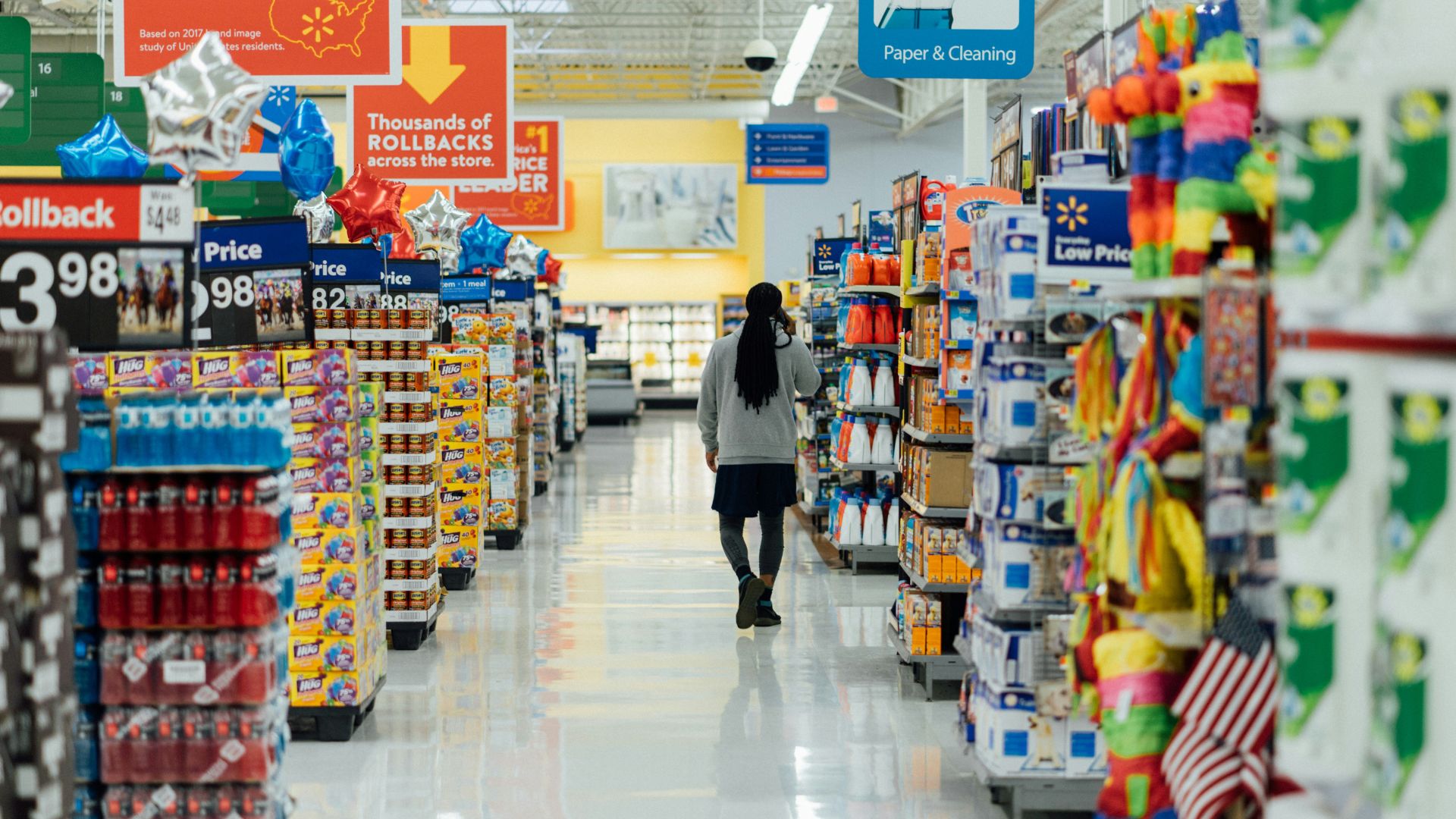
This study analyzed how expensive produce is at local convenience stores, grocery stores, and then supermarket chains that aren’t located in these low-income areas.
Researchers discovered that markets and stores located within these low-income regions had produce markups when compared to nearby supermarket chains.
Produce Markups in Low-Income Areas
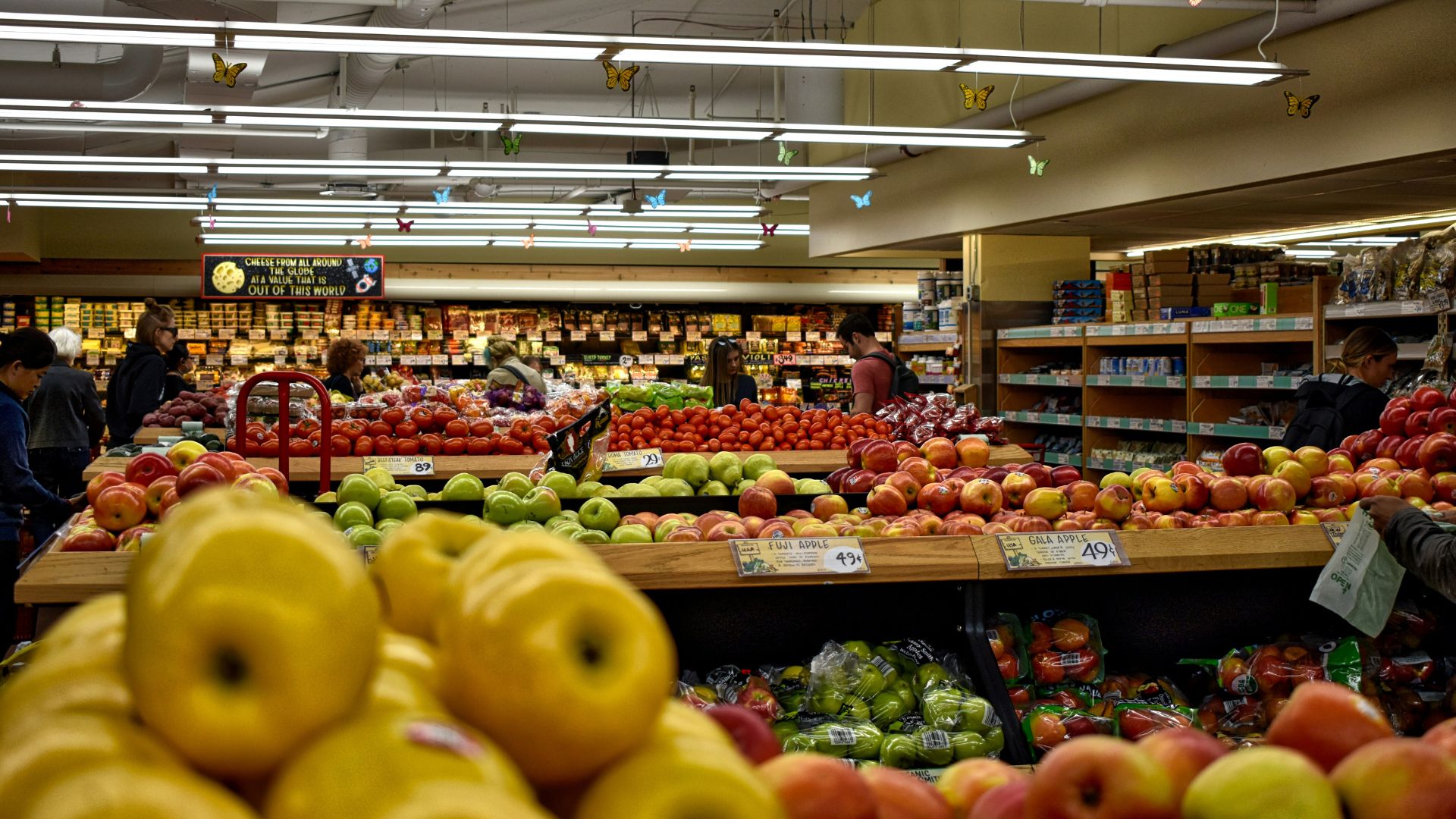
As a result, large grocery stores in these low-income regions had prices that were about 27% higher than elsewhere. Meanwhile, smaller grocery markets’ prices were 37% higher.
Convenience stores had markups of 102%, a huge price difference from other markets that weren’t located in these areas.
Poor Americans Are Paying More for Food
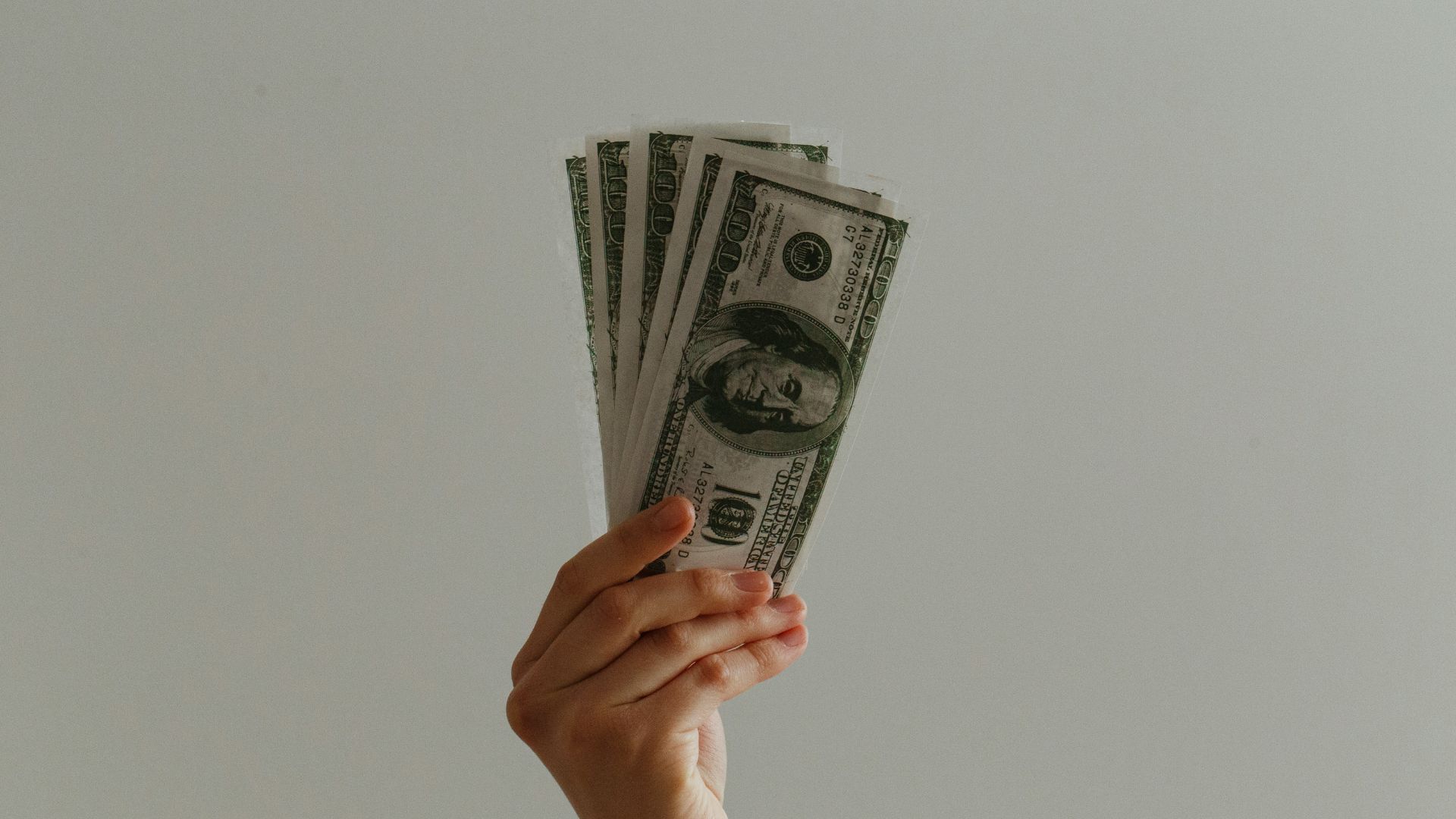
Therefore, this study found that Americans living in poorer areas of the country are paying much more than wealthier citizens.
This so-called Ghetto Tax seems to be in full force, then. As poorer Americans are spending more money on average on food than others, this is keeping them from saving money. Analysts also claim this Ghetto Tax keeps them from rising out of poverty.
Lack of Competition

However, many studies have also found that there isn’t enough business competition within poorer markets. This has led to not enough affordable products being made for this large class of people.
As a result, the poor in the United States must pay more for goods and services, as they don’t have affordable options to choose from.
Higher Insurance
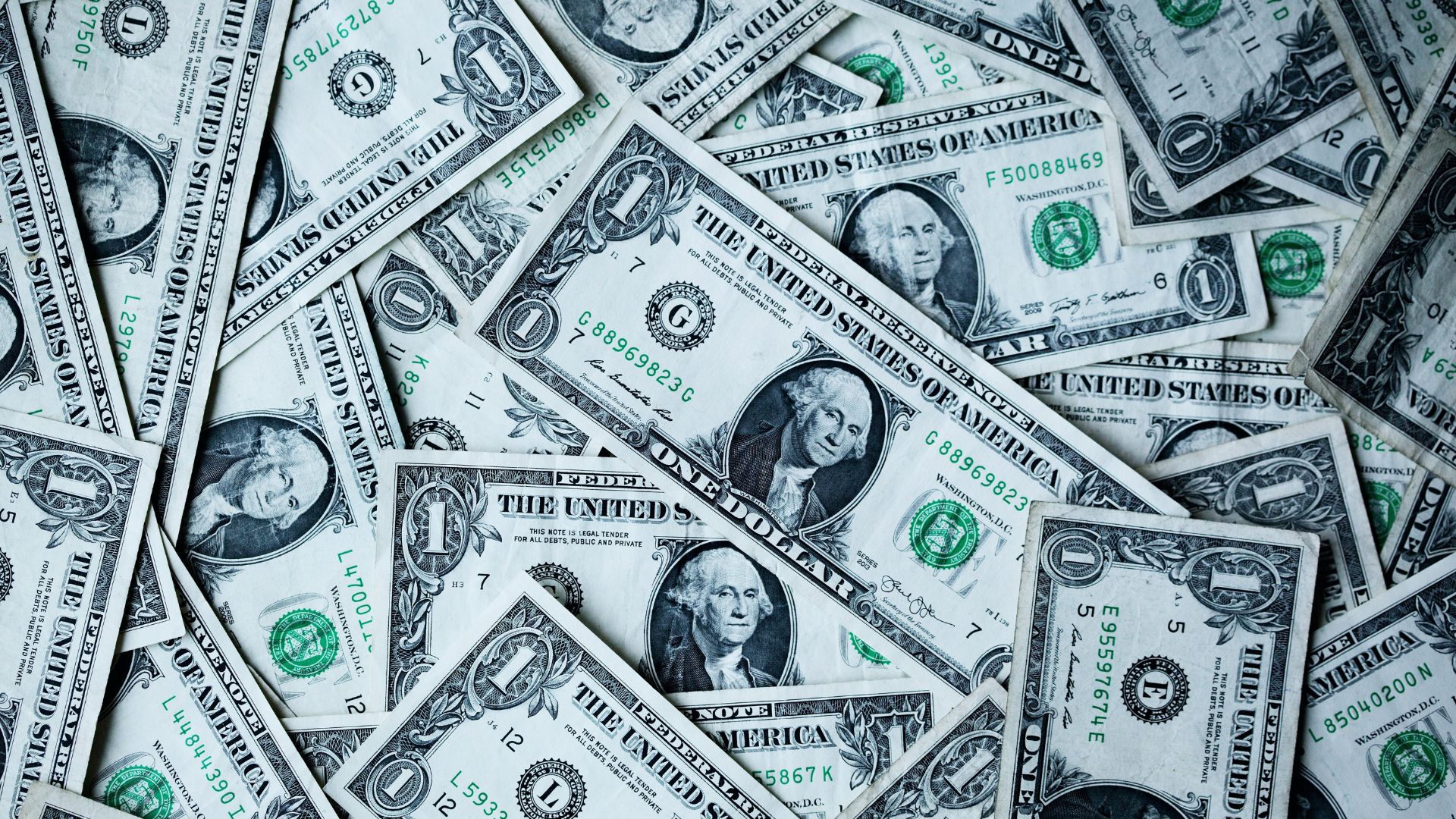
Americans who live in low-income or minority neighborhoods also have to pay more for insurance, as seen in countless studies.
One study even found that auto insurance for these Americans can be more than 30% more expensive than insurance for someone who lives in a wealthier area.
The Poor Pay More
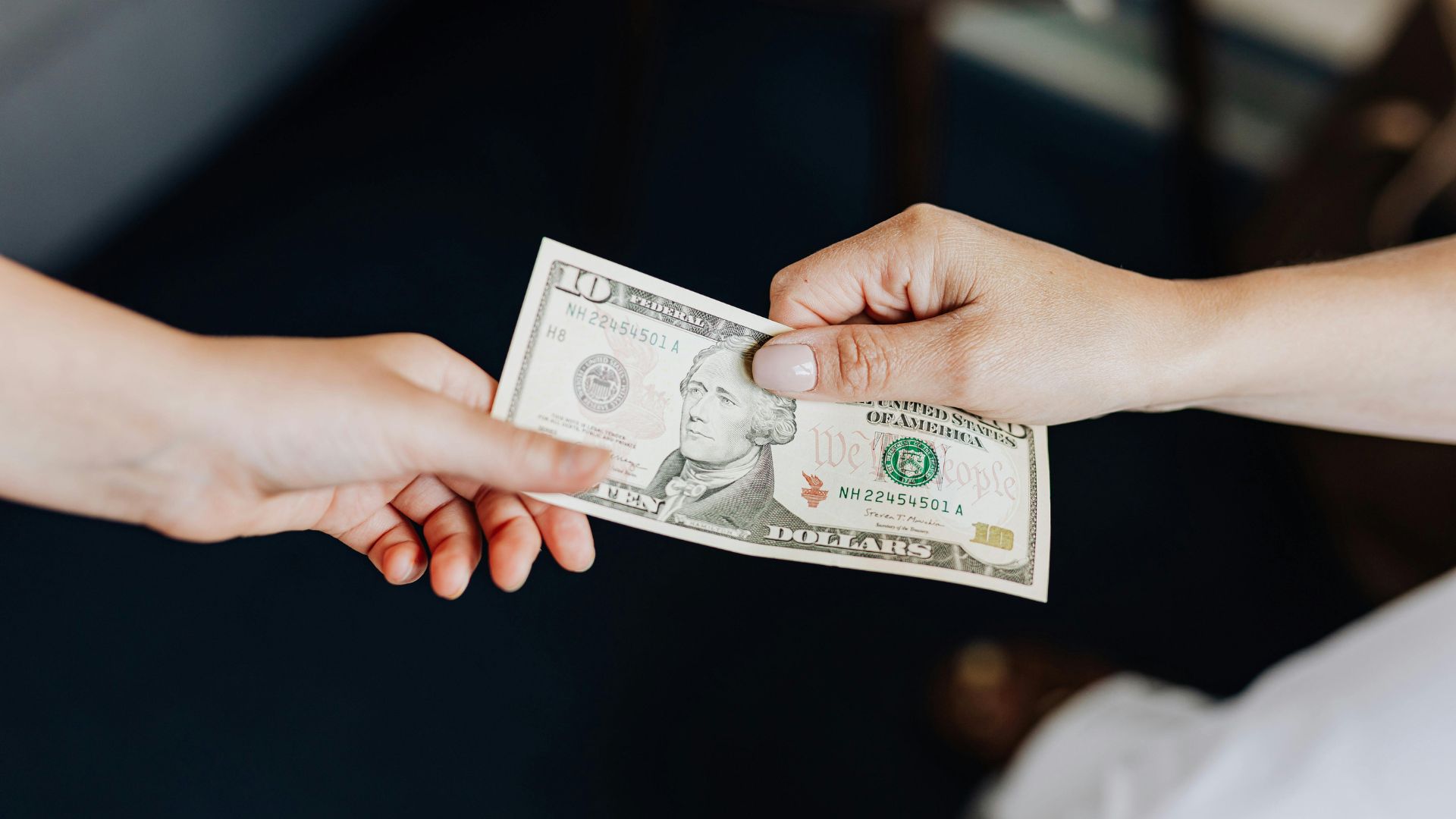
The Brookings Institute found in a study released in 2006 that, on average, poor Americans pay more for goods and services than anyone else. The study showed that 4.2 million households paid more for their mortgages, as they were considered lower income.
Meanwhile, 4.5 million American households paid higher auto insurance prices — once again because they were lower income.
These Costs Add Up
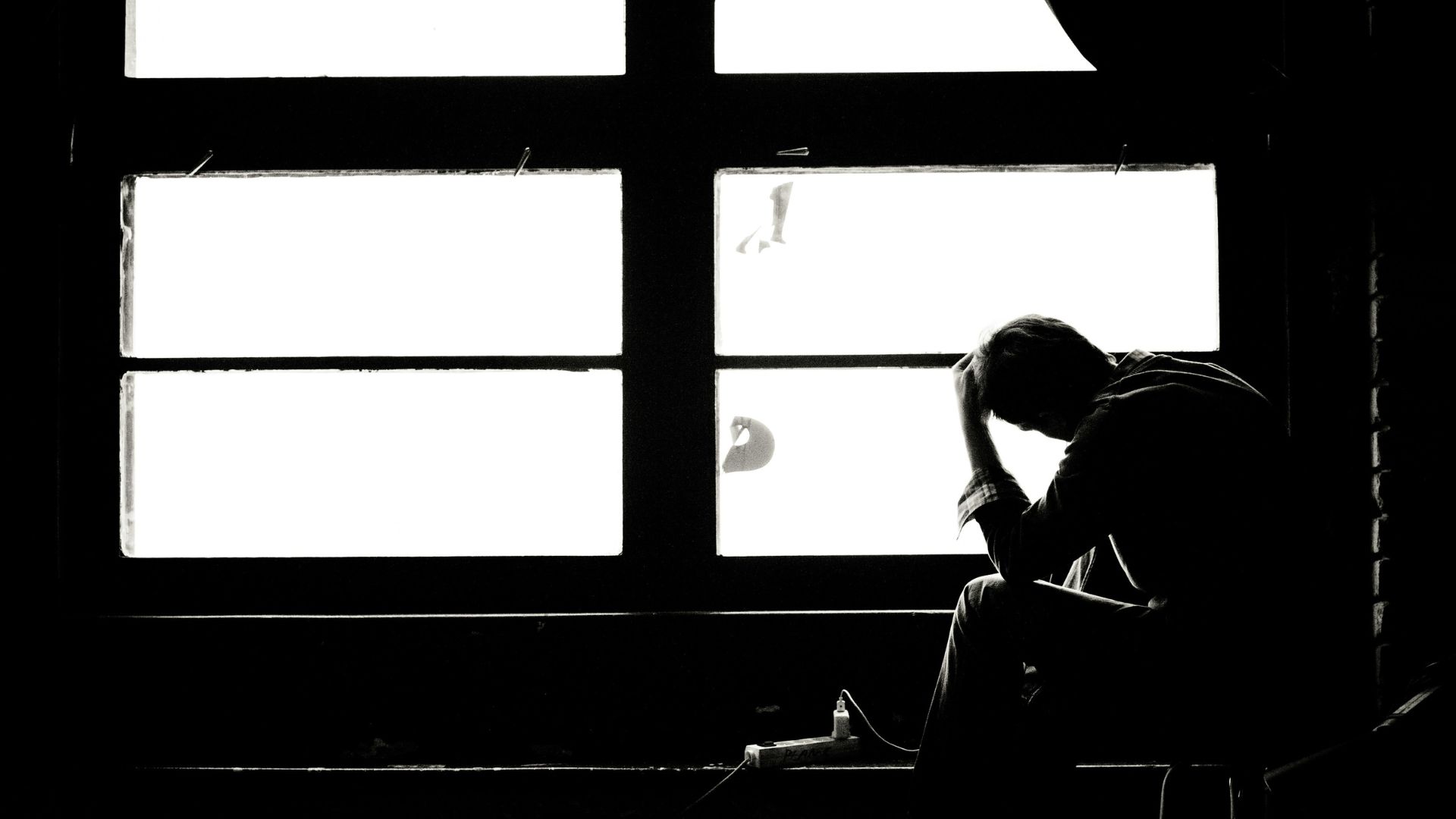
The Brookings Institute explained that all of these extra fees and higher prices that lower-income Americans are being forced to pay add up over time.
The Institute said, “Together, these extra costs add up to hundreds, sometimes thousands, of dollars unnecessarily spent by lower-income families every year.”
How the Ghetto Tax Could Be Eliminated
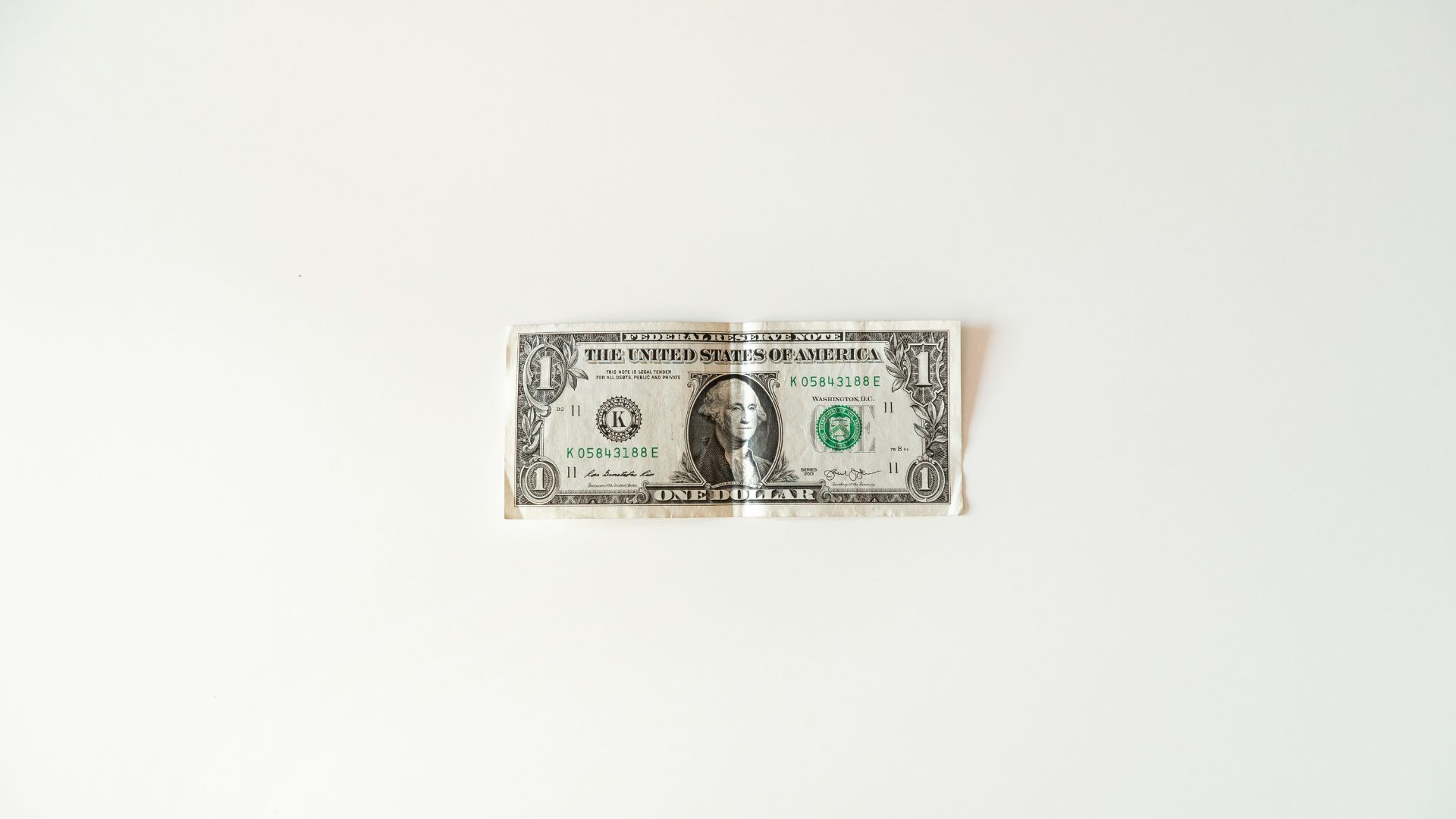
Though all of these studies suggest that the Ghetto Tax could never be done away with, the Brookings Institute does remain hopeful.
They have stated that government intervention — or nonprofit intervention — could help to eventually cause these added costs and fees to be taken away from lower-income Americans.
